After gaining independence from British rule, Ska was one of the first truly Jamaican music to be recorded. According to John downing in his article Encyclopedia of Social Movement Media, “Ska reflected the optimism of the young generation that grew up with the hope of casting off the colonial yoke and building ‘the new Jamaica’” (Downing, 2011). Since the inception of Ska, Jamaicans have been using music to represent the voice of those unheard, who were usually poor inner city citizens. Jamaican music has been used as a catalyst for social change and in colloquial terms “Killed two birds with one stone” acting as a message and the medium through which this message is delivered.
Through the earliest forms of Jamaican music such as Ska, Rock Steady and Reggae, Jamaicans made it clear that they were not pleased with the hegemonic behaviours of the political leaders. Other messages in the music were the discomfort of their economical status and concerns about the upsurge of violent killings. Songs such as Rivers of Babylon (Reggae) and Cry Tough (Rock Steady) are perfect examples of the music used to advocate for social change. Emphasized by the Rastafarian movement and their adherence to reggae, music is one of the most effective mediums that can be used to get a message across. Etched into the music, a message of love, unity and hope for a better life was spread across Jamaica through times when political violence was at its peak. Jamaicans knew they needed change; their message was clear but usually unheard due to efforts of the more powerful upper class. Realising the influence of music, artistes began to write about social injustice knowing it would reach the ears of everyone including persons overseas. In conclusion, from the emergence of Ska the Jamaican people knew they had the attention of the world like never before. As the music transitioned and evolved into different genres they used it as a medium to “up the ante” on social reformation.
Reference:
Downing, J. (2011). Encyclopedia of social movement media. London,UK:Sage Publications,Inc
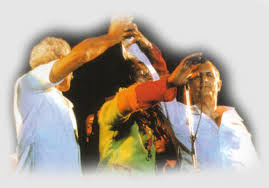
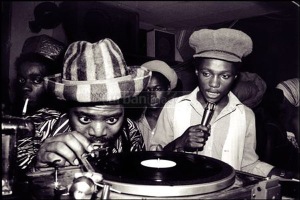

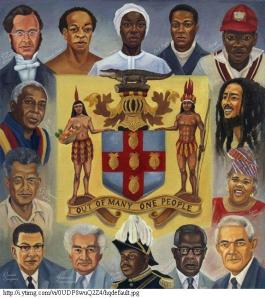

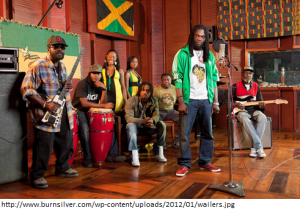
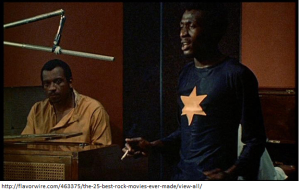

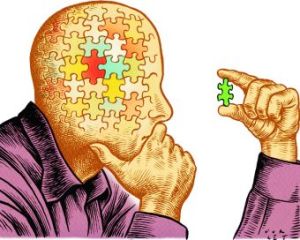
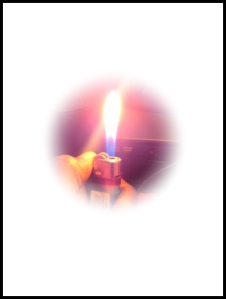
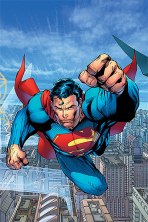

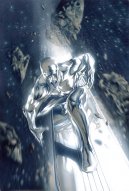
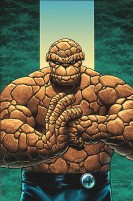
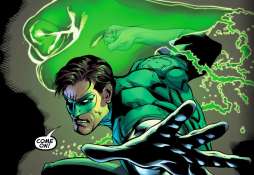
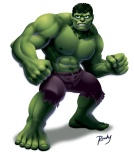
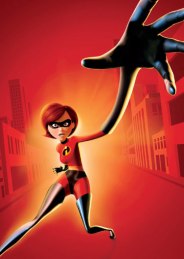
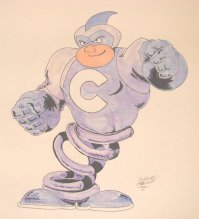
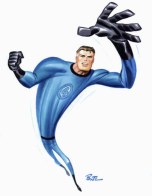
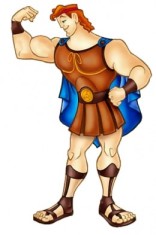
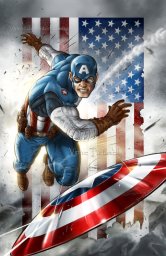
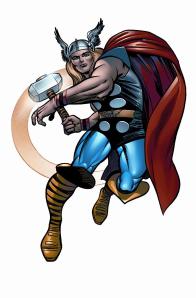

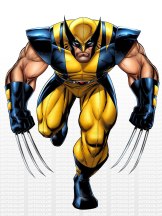
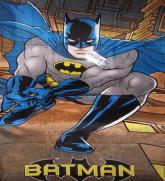
 I like looking up when things are looking down.
I like looking up when things are looking down.